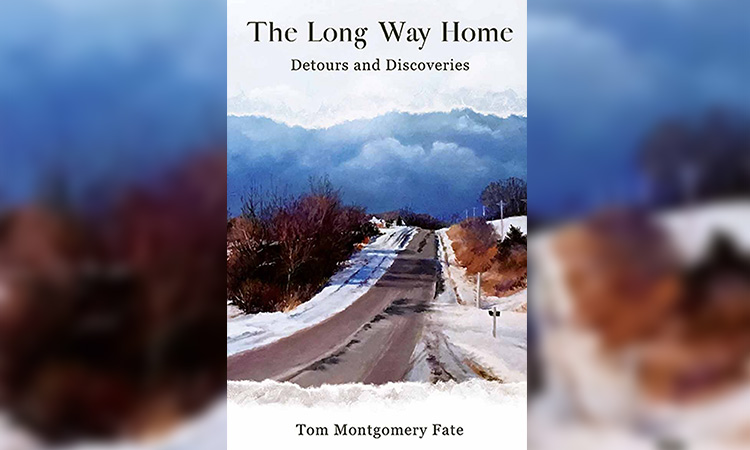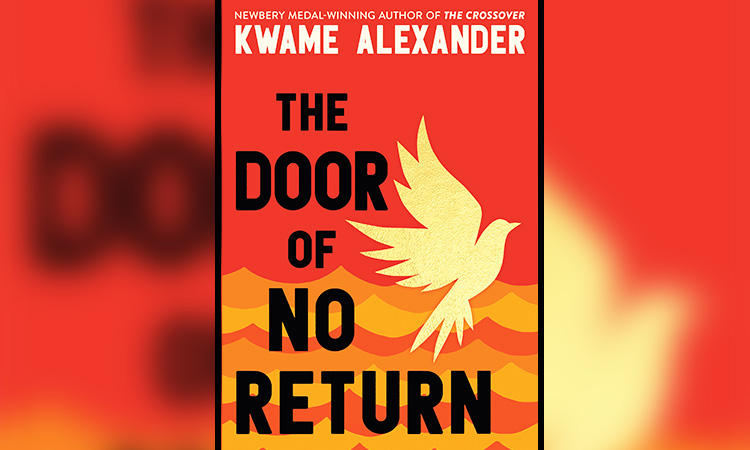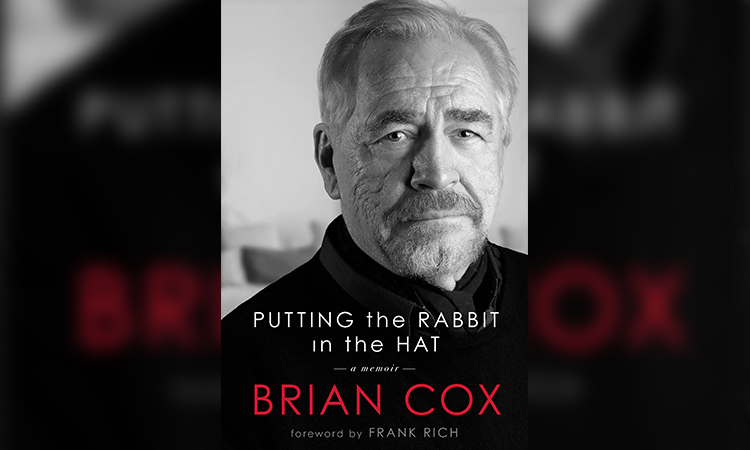Book Review: 'The Long Way Home,' by Tom Montgomery Fate

"The Long Way Home" by Tom Montgomery Fate.
Author Tom Montgomery Fate has lived most of his life in Illinois, but when he's asked where home is, he says Iowa.
Small-town Iowa is where Fate was raised, where he was formed, and it is in many ways is his anchor. Since those simpler days, Fate writes, "My idea of home has evolved. Now it's less a physical location than a kind of belonging."
"The Long Way Home" is a series of eloquent essays about Fate's search "for a spiritual home … for a kind of belonging that I can carry with me."
Fate grew up in Maquoketa, roughly equidistant between Davenport and Dubuque. It seems an idyllic upbringing, the kind featured in TV commercials, perhaps: rolling hills of farmland, red-tailed hawks making lazy circles in the sky and of course, come summer, the county fair.
His father is the minister of the town's Congregational church, in many ways an unyielding man of principle, subject to regular bouts of "impatience and dark storms of depression." Fate Sr. once preached "a sermon in Ames, Iowa, against Barry Goldwater and the war in Vietnam that would prompt such a backlash he would have to leave that church."
Yet when young Tom refused confirmation, his father eventually gave in to him. Tom's arguments, based on his father's teachings, were convincing. They laughed over the irony. "Maybe you were the only one listening."
Was it this experience that sent him off on his search? Or perhaps it was time spent on a sweat lodge on a Lakota Indian Reservation, where a medicine man told him of one of the tribe's core beliefs, that "home is both physical and spiritual."
In either case — or perhaps both — Fate learned "that I had to leave Iowa to understand all that home could mean."
He spends time in a monastery, in Nicaragua, in the Philippines, camping with his brothers, dealing with the death of his parents, "always searching in the dark heat for some spiritual destination I couldn't find." Some of these essays — previously published in the Chicago Tribune, Riverteeth and elsewhere — take place in South Dakota and Minnesota.
It's unclear if they are presented in chronological order; introductions to each would have been helpful.
What propels the book isn't so much Fate's search; another middle-aged guy looking for peace isn't necessarily a page turner. But it is the expressiveness of his prose that moved me.
"I pondered what I was hoping to write — stories of travel both physical and spiritual. Not stories of arrival — but of being lost and found and lost again."
As another middle-aged guy, I felt the same, even if I couldn't say it as well.







